Related Research Articles
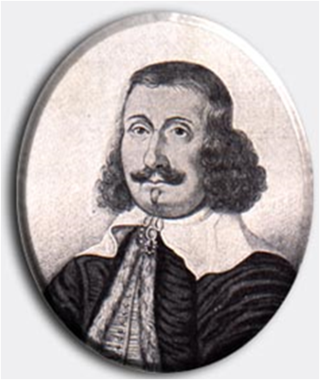
Francis Quarles was an English poet most notable for his emblem book entitled Emblems.
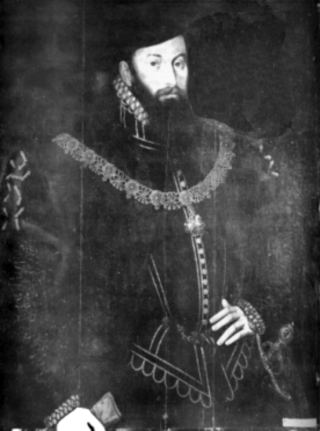
Thomas West, 2nd and 11th Baron De La Warr of Wherwell Abbey, Hampshire, was a member of Elizabeth I's Privy Council.
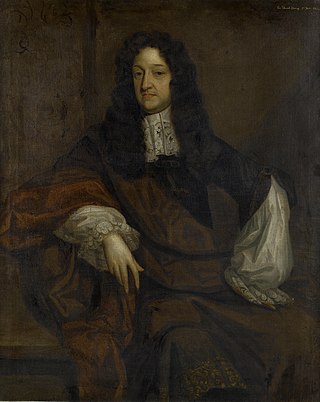
Sir Edward Dering, 2nd Baronet of Surrenden Dering, Pluckley, Kent was an English politician who sat in the House of Commons at various times between 1660 and 1674.
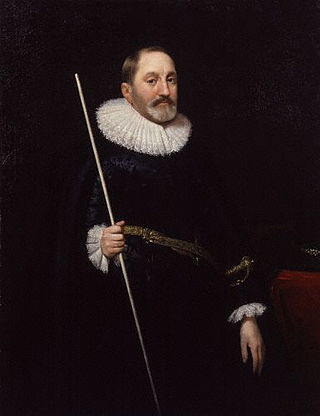
Sir Thomas Edmonds was an English diplomat and politician who served under three successive monarchs, Queen Elizabeth I, Kings James I and Charles I, and occupied the office of Treasurer of the Royal Household from 1618 to 1639.
Sir William Parsons, 1st Baronet of Bellamont, PC (Ire), was known as a "land-hunter" expropriating land from owners whose titles were deemed defective. He also served as Surveyor General of Ireland and was an undertaker in several plantations. He governed Ireland as joint Lord Justice of Ireland from February 1640 to April 1643 during the Irish rebellion of 1641 and the beginning of the Irish Confederate War.

Sir Thomas Jermyn (1573–1645) of Rushbrooke, Suffolk, was an English Royalist soldier and politician who was a Member of Parliament between 1604 and 1640. He became an influential courtier and served as Comptroller of the Household to Charles I from 1639 to 1641.
Richard Lewknor was an English politician who sat in the House of Commons between 1621 and 1629.
Sir John Finet or Finett (1571–1641) was the English Master of the Ceremonies in the Stuart court.
Sir Clipsby Crewe was an English politician who sat in the House of Commons from 1624 to 1626.

Sir William Strode (1562–1637) of Newnham in the parish of Plympton St Mary, Devon, England, was a member of the Devon landed gentry, a military engineer and seven times a Member of Parliament elected for Devon in 1597 and 1624, for Plympton Erle in 1601, 1604, 1621 and 1625, and for Plymouth in 1614. He was High Sheriff of Devon from 1593 to 1594 and was knighted in 1598. In 1599 he was appointed Deputy Lieutenant of Devon. There is a monument to him in the parish church of Plympton St Mary.
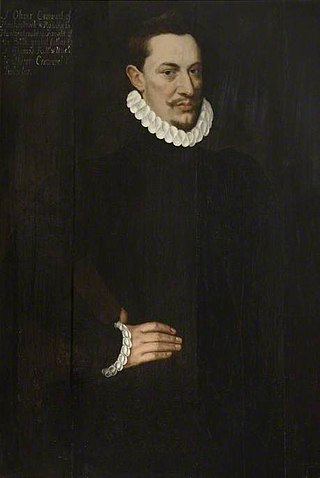
Sir Oliver Cromwell was an English landowner, lawyer and politician who sat in the House of Commons at various times between 1589 and 1625. He was the uncle of Oliver Cromwell, the Member of Parliament, general, and Lord Protector of England.
Thomas Fairfax, 1st Viscount Fairfax of Emley JP was an English landowner and politician who sat in the House of Commons at various times between 1601 and 1626. He was created Viscount Fairfax in the Peerage of Ireland in 1629. He "erected a mansion on Bishophill (York) early in Elizabeth's reign".
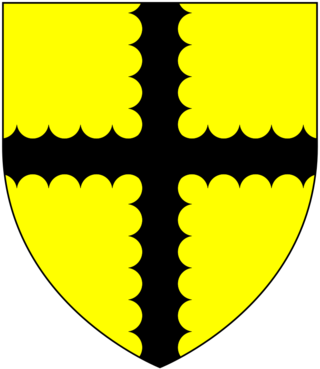
Sir Reginald Mohun, 1st Baronet of Boconnoc in Cornwall, was a prominent member of the gentry of Cornwall and an MP.
Sir Robert King was an Irish soldier and statesman.

Sir Edward Lewknor or Lewkenor was a prominent member of the puritan gentry in East Anglia in the later Elizabethan period, and an important voice on religious matters in the English Parliament.
Sir Peregrine Bertie was a Jacobean soldier and landowner from Lincolnshire. He represented that county in Parliament in 1614, attended to local land improvements, and took part in several wars on the continent. He and his elder brother Lord Willoughby were frequently at odds with Lord Norreys.
John Machell (1637–1704) was for twenty years Member of Parliament for Horsham, Sussex, during the reigns of Charles II, James II and William III and Mary II. By the marriage of his daughter Isabella Machell (1670–1764) to Arthur Ingram, 3rd Viscount of Irvine, he became the grandfather of the fourth, fifth, sixth, seventh and eighth Viscounts of Irvine, and great-grandfather of the ninth, seated at Temple Newsam near Leeds, whose family inherited and augmented his valuable property of Hills house at Horsham, and continued the parliamentary tradition there.
Edward Lewknor was the representative of a branch of a prominent Sussex family, in an armigerous line descending in the distaff side from the Camoys barony. Having attained standing as a member of parliament and by a position of service in the royal household, his career was ended abruptly by his involvement in Henry Dudley's conspiracy against Queen Mary I, and his consequent attainder. His children were restored in blood by Queen Elizabeth I.
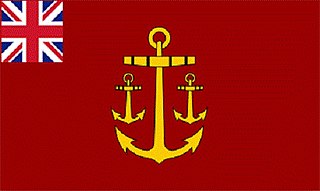
The Surveyor of Marine Victuals later known as the General-Surveyor of Victuals was a civilian officer in the Royal Navy who was a former member of the Navy Board from 1550 until 1679, he was responsible for managing the supply of food, beverages and other provisions for the Royal Navy the office was replaced by the Victualling Board in 1683. The General-Surveyor was based at the Navy Office
Ralph Cudworth was a scholar and conforming Anglican clergyman of puritan sympathy who is best known as the father of the philosopher Ralph Cudworth (1617–88), and the Plymouth Colony emigrant, soldier, and colonist, General James Cudworth (1612–82).
References
- ↑ The History of Parliament, "Sir Robert Quarles"
- 1 2 "Quarles, Robert (QRLS598R)". A Cambridge Alumni Database. University of Cambridge.
- ↑ Knights of England
- ↑ Willis, Browne (1750). Notitia Parliamentaria, Part II: A Series or Lists of the Representatives in the several Parliaments held from the Reformation 1541, to the Restoration 1660 ... London. p. 174.